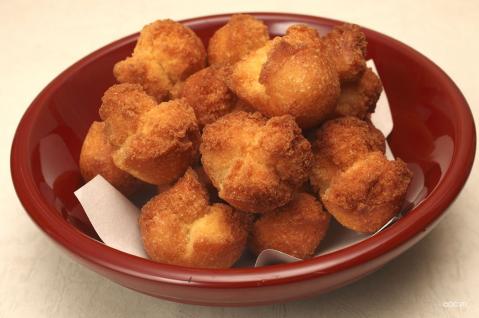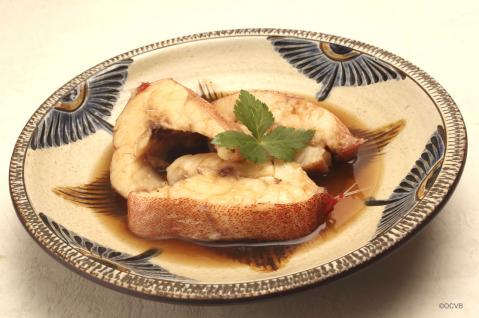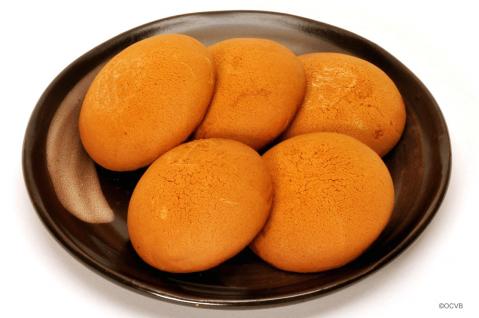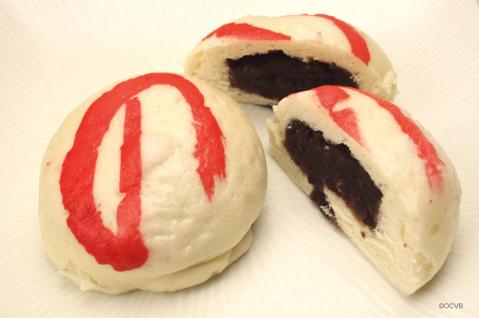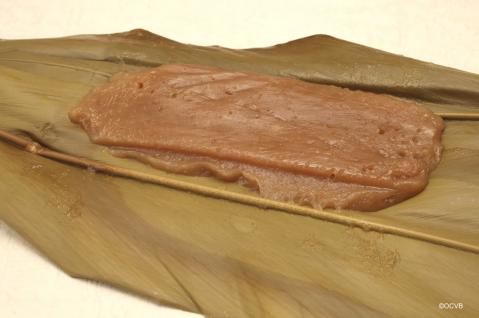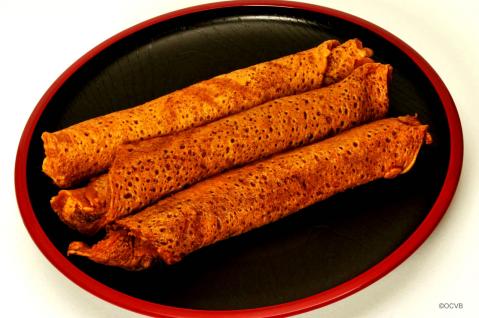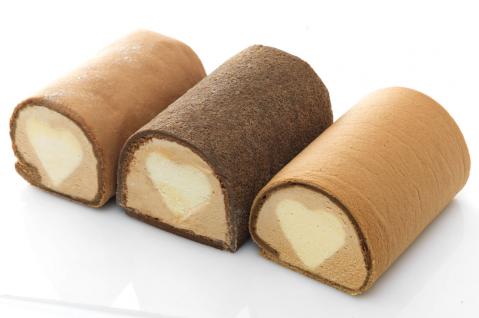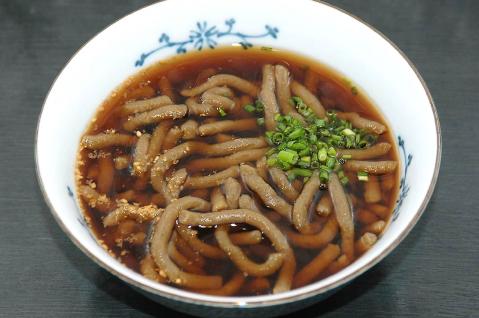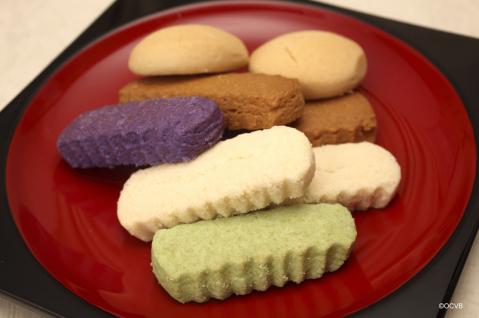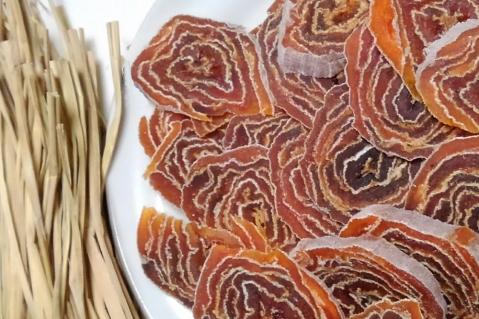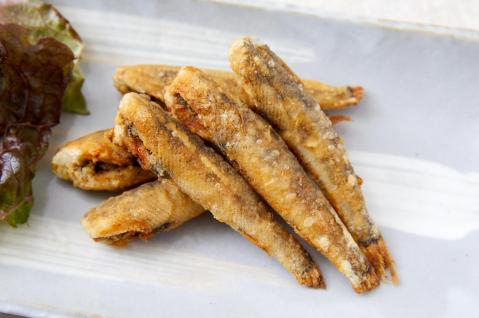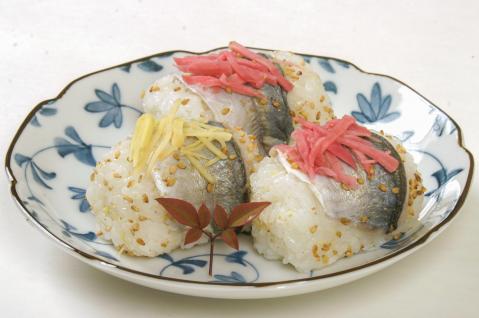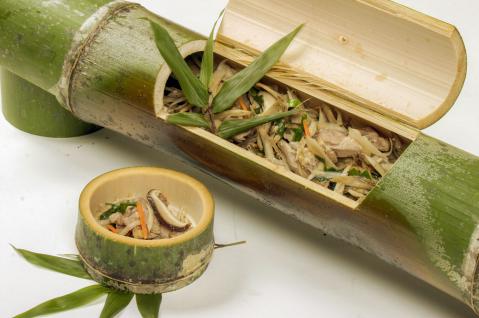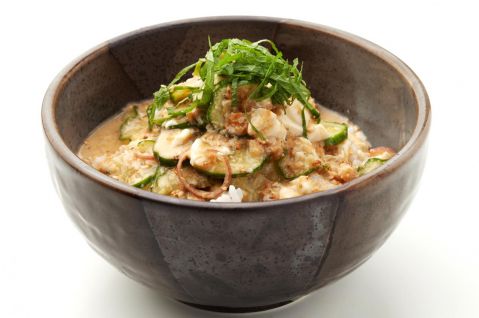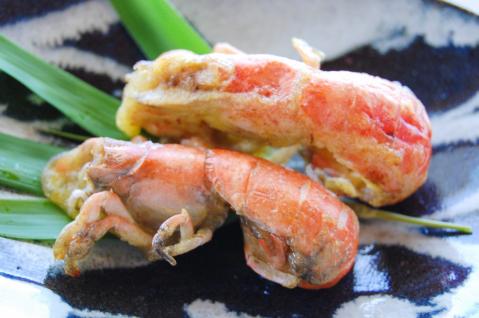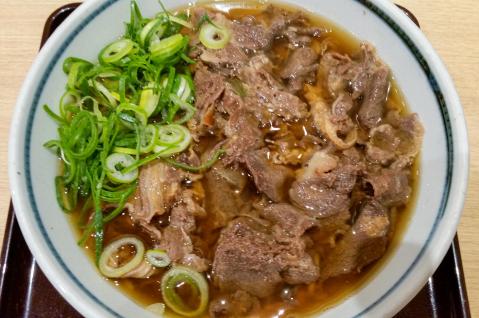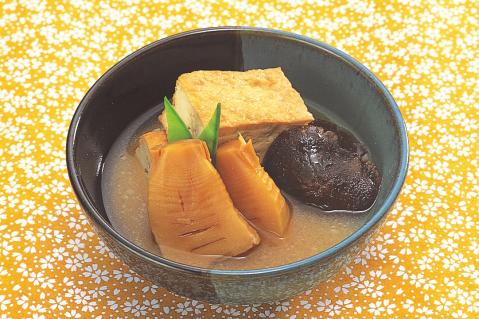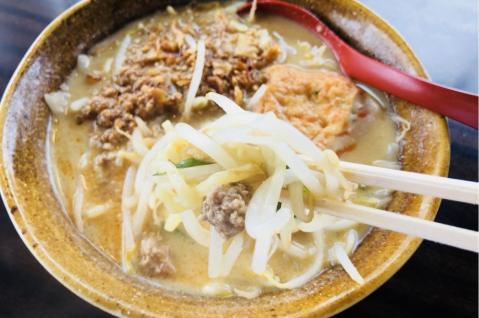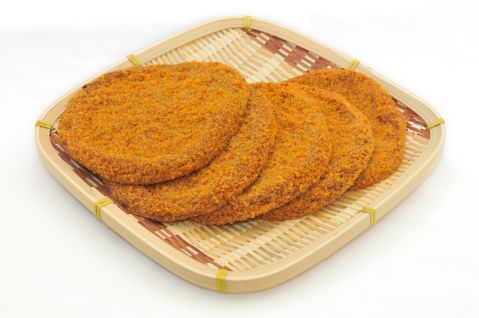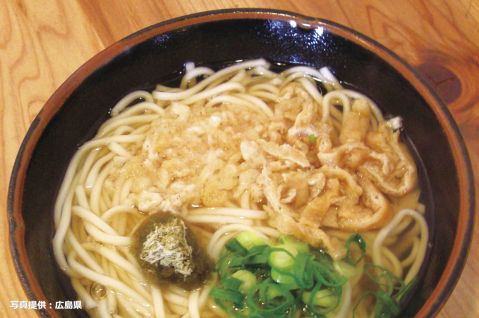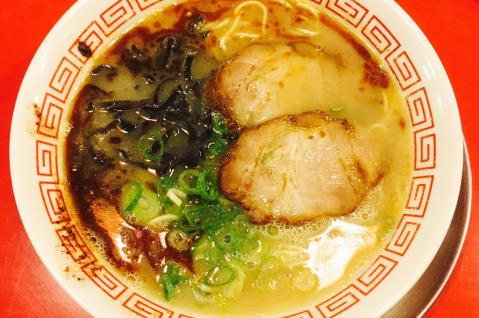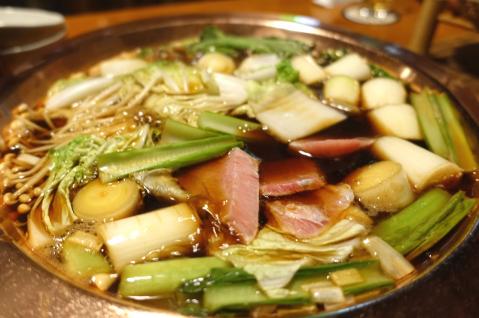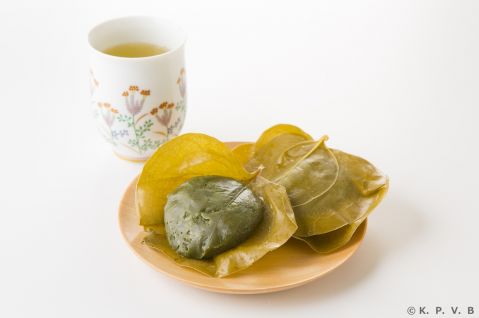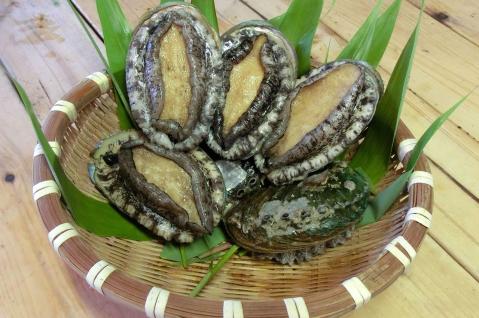Regional cuisine of Kyushu/Okinawa region
Cooking Classes in Japan
airKitchen allows travelers from all around the world to book and experience authentic cooking classes. Chose your best cooking class from 1000+ classes.
Sata Andagi
Sata Andagi (サーターアンダーギー) is a beloved traditional fried confection from Okinawa. In Okinawan dialect, "sata" means sugar, "anda" means oil, and ...
Tannafakuru
Tannafakuru (タンナファクルー, Tannafakuru) is a humble baked treat made with brown sugar, wheat flour, and eggs. It was created in 1887 by Jiro Tamanaha ...
No Manju
No Manju (のまんじゅう, No manju) is a special steamed bun with a white outer layer and the character "の" (no) elegantly written in red food dye. The "の" s...
Muuchii
Muuchii (ムーチー, also known as "Oni Mochi") is a traditional event and food celebrated on December 8th of the lunar calendar in Okinawa. This day is dedica...
Po-po (Traditional Okinawan Sweet)
Po-po (ポーポー) is a traditional sweet snack from Okinawa, made by mixing wheat flour with water, cooking it on a flat pan, spreading it with oil-miso paste...
Kaikou Roll Cake
The Kaikou Roll Cake (開港ロールケーキ, Kaikou Roll Cake) is a beloved sweet treat created as part of the "Sasebo☆Star Products" initiative, aiming to become...
Rokube
Rokube (六兵衛, Rokube) is a traditional dish from the Shimabara Peninsula and Tsushima in Nagasaki Prefecture. This unique noodle dish features noodles m...
Chinsuko
Chinsuko (ちんすこう) is a baked confectionery made primarily from flour, lard, and sugar. Originally a luxurious treat enjoyed by the royal court during ...
Makigaki (Rolled Dried Persimmons)
Makigaki (巻柿) is a traditional food from the Ushiro region of Yabe-machi in Kamimashiki County, an area famous for its production of dried persimmons. This...
Deep-Fried Mehikari
Deep-Fried Mehikari (めひかりの唐揚げ, Mehikari no karaage) features Mehikari, a small fish measuring 5 to 15 cm, caught at depths of around 300 meters off t...
Fish Sushi
Fish Sushi (魚ずし, Uozushi) refers to a traditional style of whole fish sushi, often made with mackerel or horse mackerel. Commonly known as saba sushi or a...
Kappo Chicken
Takachiho, a town in Miyazaki Prefecture known for its myths and legends, is home to a unique dish called Kappo Chicken (かっぽ鶏, Kappo-dori). In this regio...
Hiyashiru
Hiyashiru (冷や汁, hiyashiru) is a refreshing traditional dish from Miyazaki Prefecture, which faces the Pacific Ocean. Fresh fish such as horse mackerel, ba...
Shaku Tempura
Shaku Tempura (シャクの天ぷら, Shaku Tempura) is a beloved summer specialty of Kumamoto Prefecture, made from "shaku" (scientific name: Upogebia major), a cr...
Horse Meat Soba
Horse Meat Soba (馬肉蕎麦, Baniku soba) is one of Kumamoto Prefecture’s signature traditional dishes, particularly cherished in the Aso region. Kumamoto rank...

